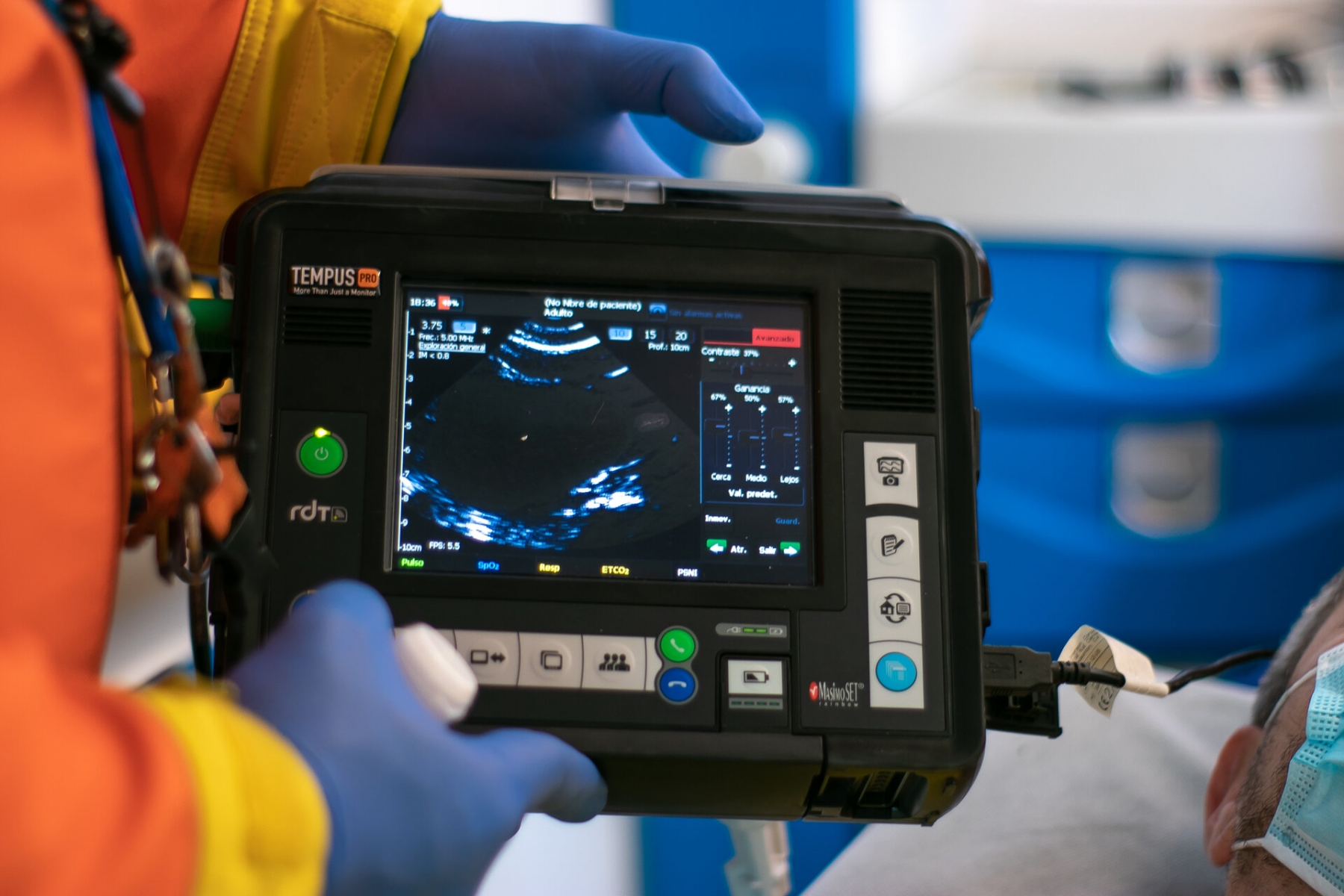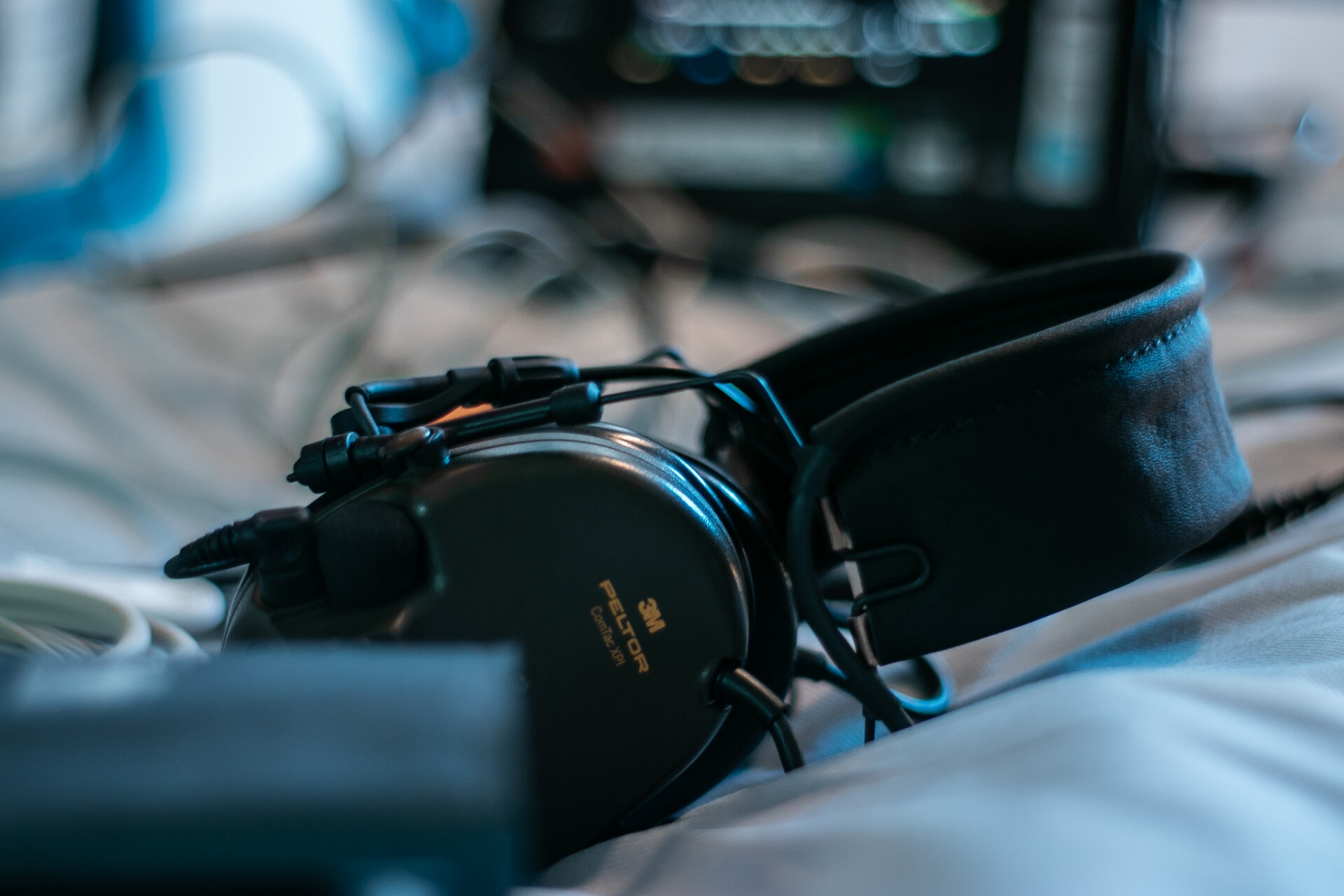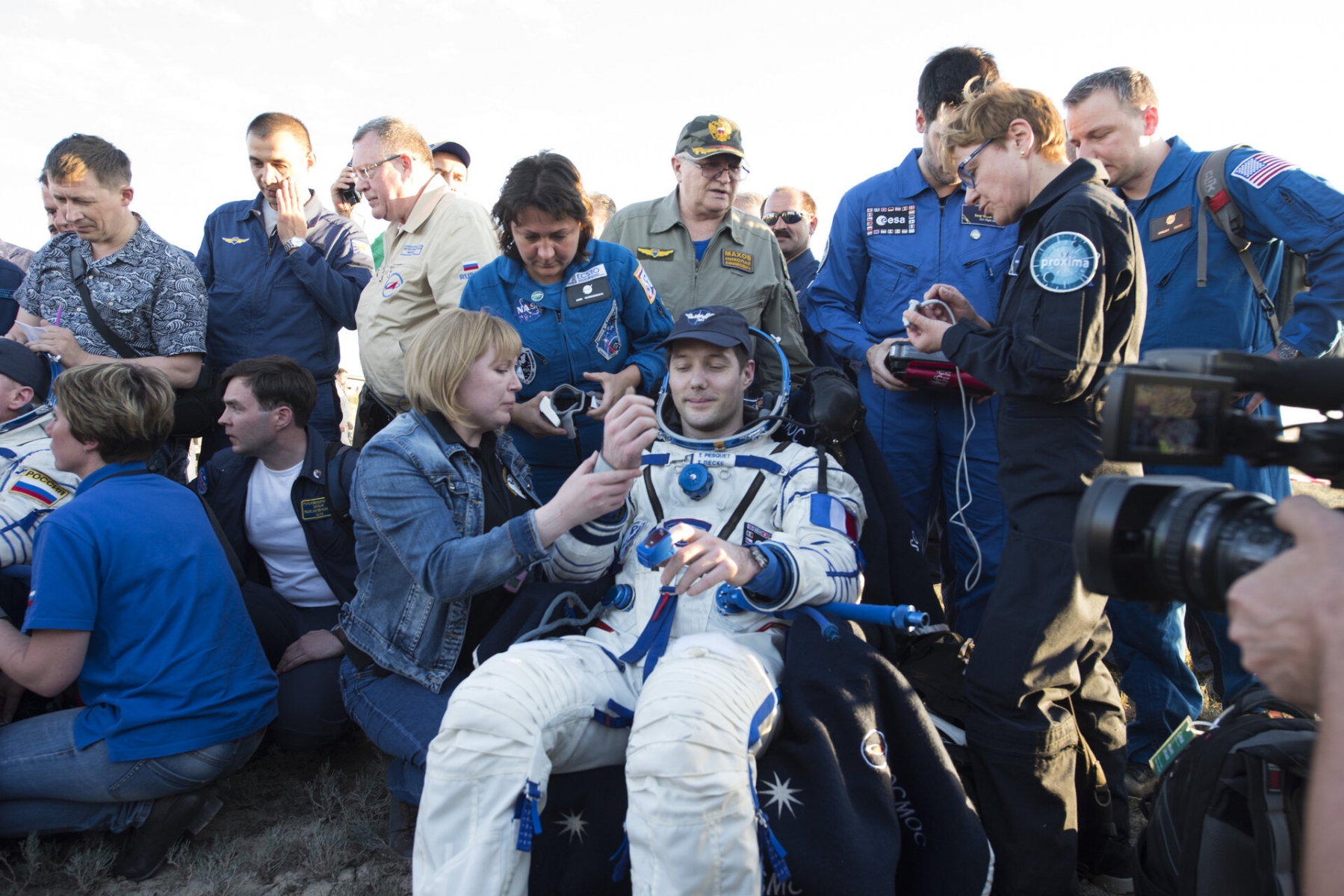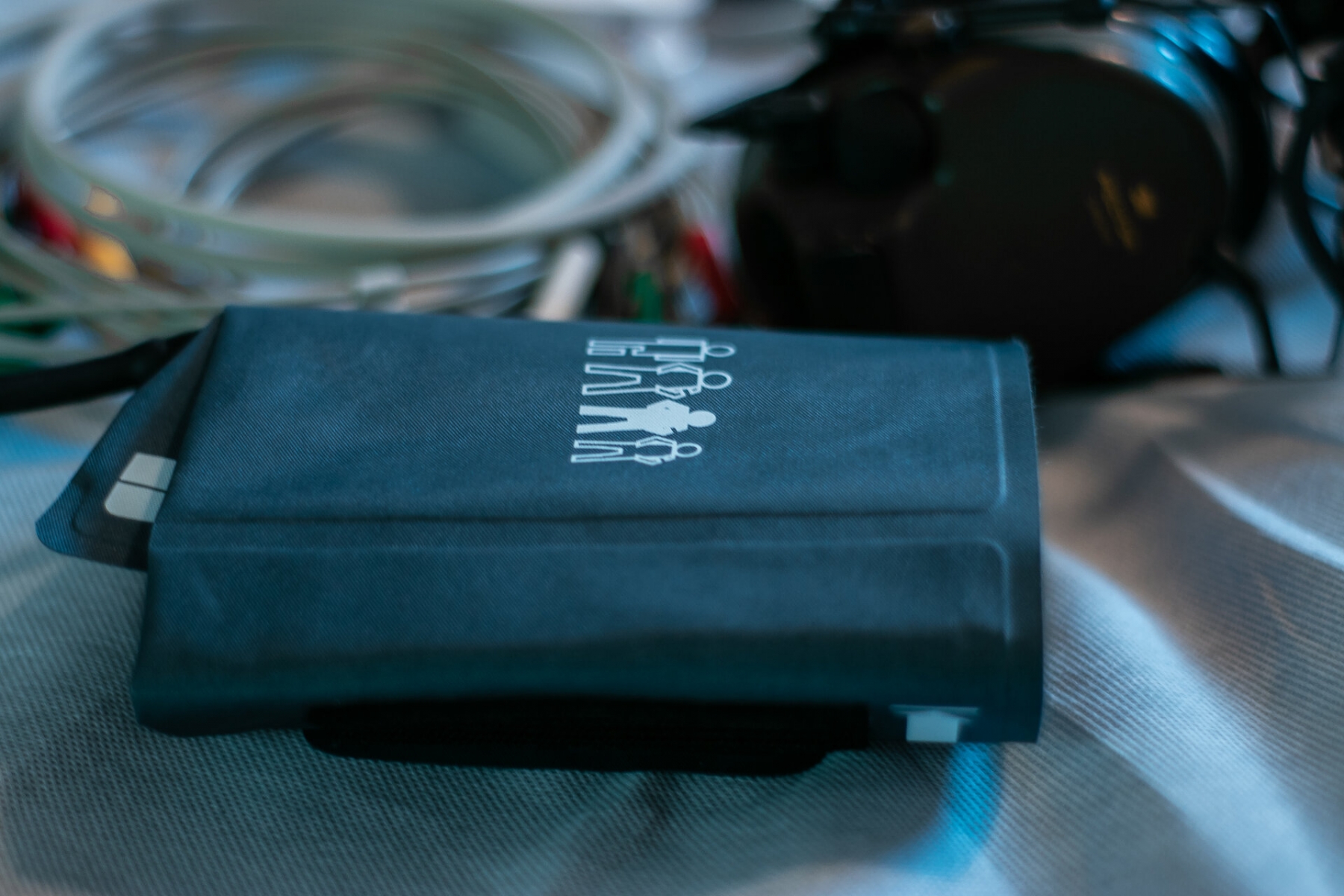Space technology is in action in Barcelona, Spain, as emergency responders employ two ESA-supplied telemedicine devices to triage and treat urgent patients.
Offering ultrasound, laryngoscopy and electrocardiogram among other features, the Tempus Pro devices allow operators to quickly check a patient’s vital parameters such as heartrate, blood pressure, respiration rate and temperature, before transmitting these to medical colleagues elsewhere. This can be done via a secure satellite link or phone network such as 4G.

In its first version, Tempus Pro was designed as a telemedicine device for commercial airlines. It has been further supported by ESA to become a dual-use, lightweight, all-in-one monitor with telemedicine capabilities for healthcare professionals.
The two Tempus devices currently on loan to Catalonia’s emergency medical service Sistema d’Emergències Mèdiques (SEM), are used by doctors at ESA’s European Astronaut Centre (EAC) to assess and communicate the condition of astronauts when they return to Earth. They are already being praised for simplicity and connectivity by emergency responders in Barcelona.
Increased care through remote expertise
Spain is one of the countries hardest hit by the current COVID-19 pandemic. At the time of writing, 47 755 cases of coronavirus had been recorded in Catalonia alone, putting additional pressure on emergency teams.
ESA flight surgeon Sergi Vaquer Araujo and medical projects engineer Roger Huerta Lluch say loaning the devices to SEM for the duration of the COVID-19 response was an easy decision. After a successful training, carried out remotely from ESA’s European Astronaut Centre in Cologne, Germany, they are pleased to see Tempus Pro in action where it is needed most.
“The two Tempus devices have been deployed in what are known as intermediate ambulances,” Sergi explains. “Each of these ambulances is staffed by a nurse and a paramedic who receive medical support from an intensive care specialist remotely. The addition of Tempus enables these teams to take care of the most severe patients and deliver a higher level of care without having to have a doctor there.”
This is supported by ESA instrumentation engineer Arnaud Runge who supervised the development of Tempus Pro by UK-based Remote Diagnostic Technologies (RDT) under ESA’s Business Applications programme.
“RDT has reported an increase of orders throughout the COVID-19 crisis with many citing the ability to deliver senior expertise remotely, without doctors being limited to one vehicle or directly exposed to the COVID-19 environment, as instrumental in their response. Space is proving again its importance in our daily life” he adds.
Tempus Pro in action
Registered nurse specialising in emergency and critical care Borja Violant Gomez is part of the SEM team now working with Tempus in Barcelona. For him, its benefits are threefold: simplicity, operability and connectivity.

“We always say that in emergencies, the small details can make the biggest difference,” Borja says. “Performing a tracheal intubation in a surgery room is very different to carrying out the same procedure in a crashed car with a trapped victim, for example. Any simplification and reduction in the weight in size of essential medical equipment allows for better care in hostile environments.”
Borja also commends the device’s intuitive interface, as easy to learn and operate: “our daily work often involves buying time until we can get a diagnosis and treatment. Due to the critical nature of our patients, any time we can save increases a patient’s chance of survival. In the case of a heart attack, an early and clear electrocardiogram is essential to providing the best care and Tempus allows us to do this.”
A truly European effort
The Tempus Pro devices are on loan to SEM for an initial three-month period, during which time they will be evaluated by the emergency medical service’s professional team.
Though the current need was not deemed as urgent as in Spain, ESA is also exploring the potential for Tempus Pro devices to be used in Cologne, Germany – home to the European Astronaut Centre.
It is an action supported by the city’s vice mayor Ralf Heinen who says, “In these difficult times, any support through medical equipment is valuable. I am therefore pleased that the EAC was able to help our twin city Barcelona, which was particularly hard hit by the Corona pandemic. This is the very best of European solidarity in action."





